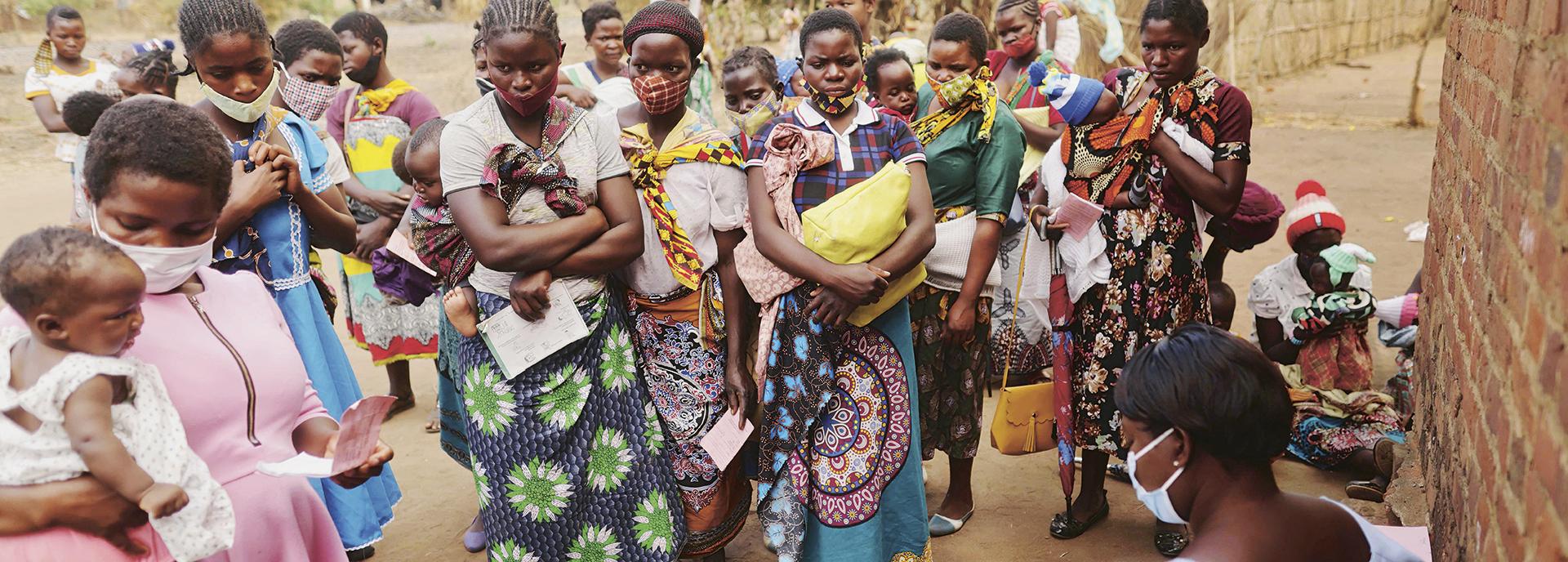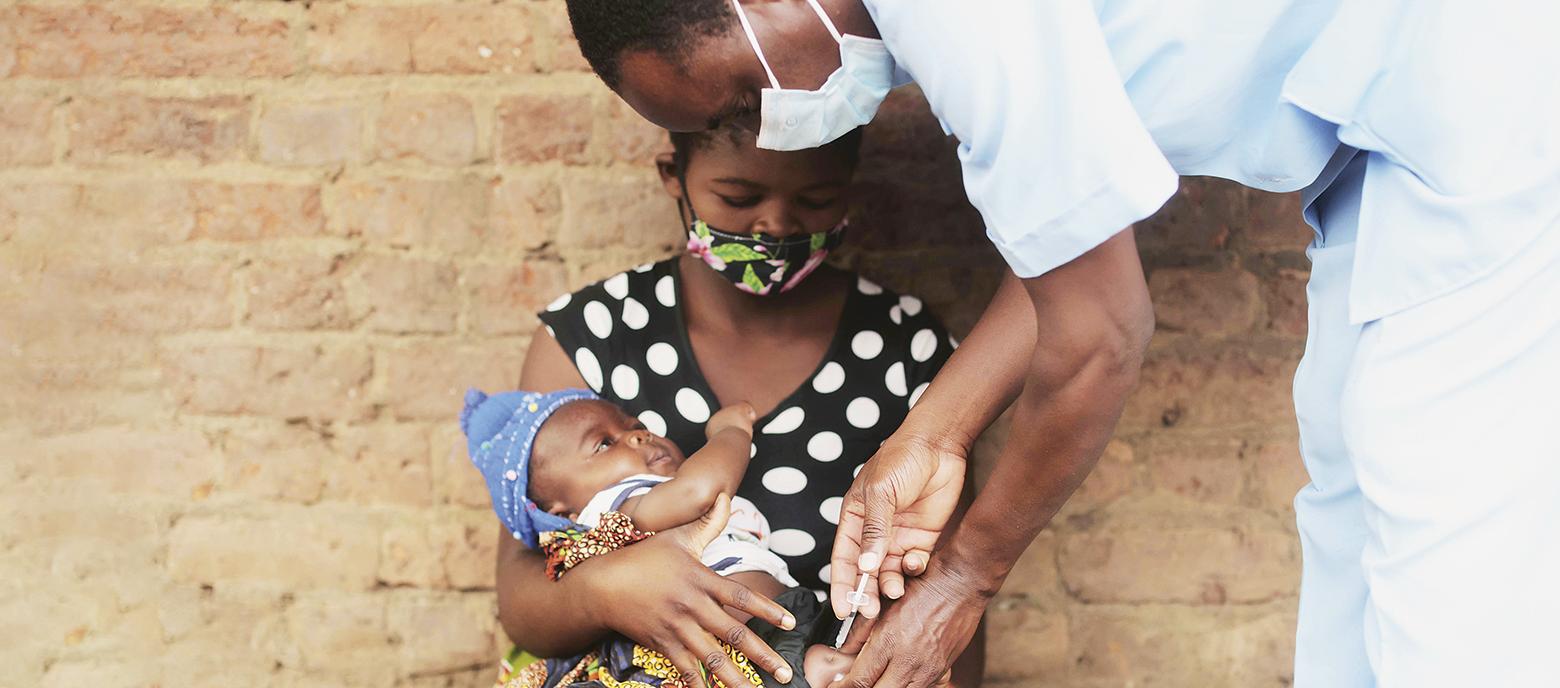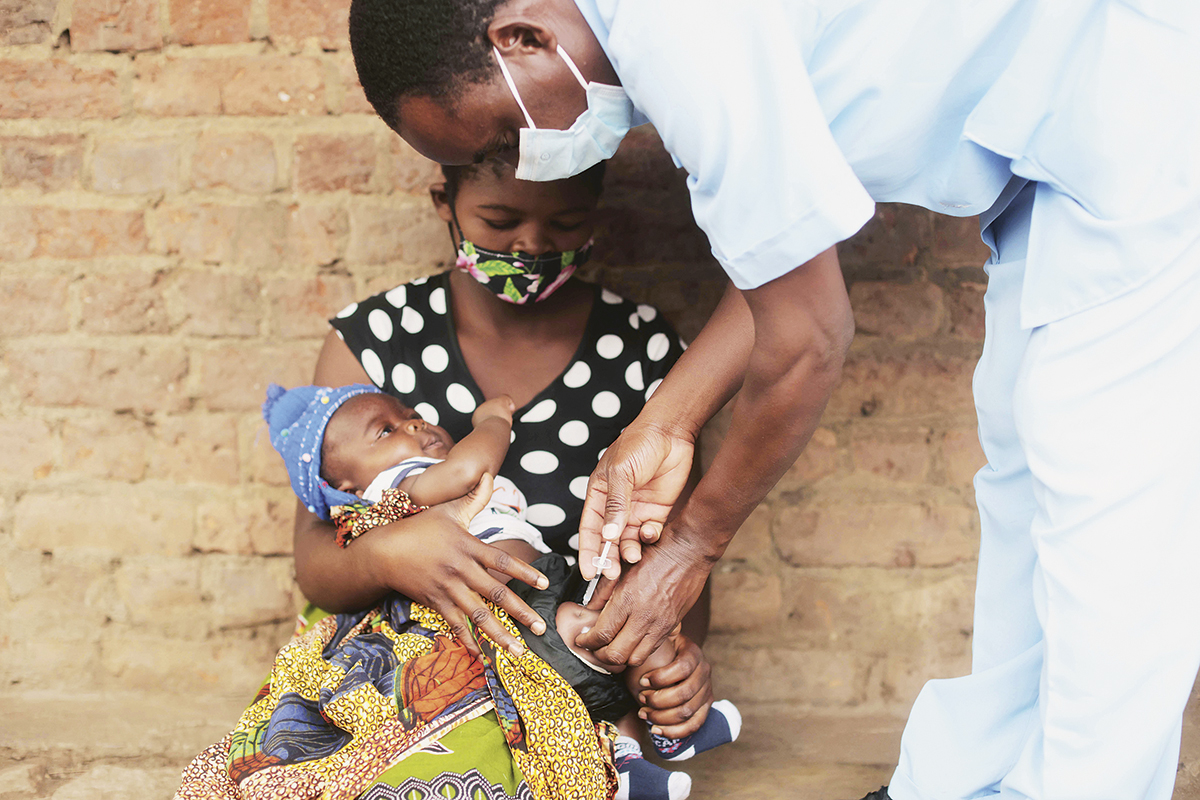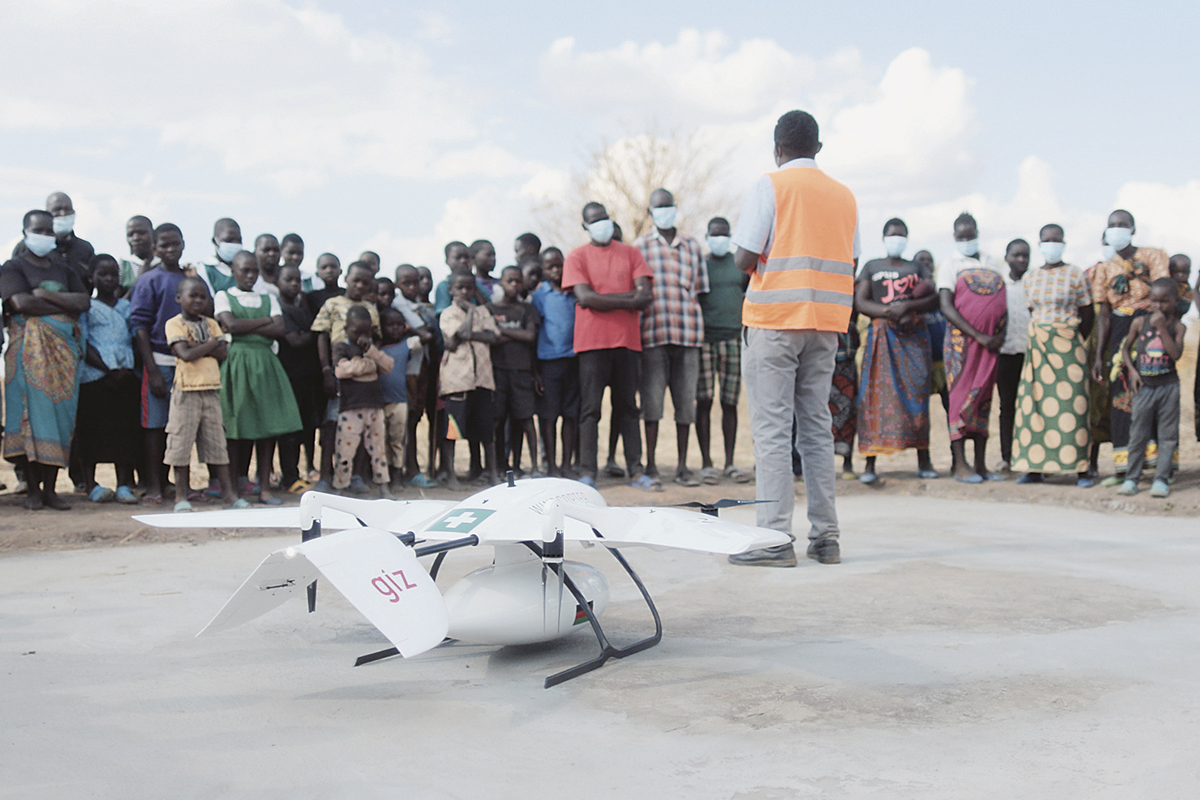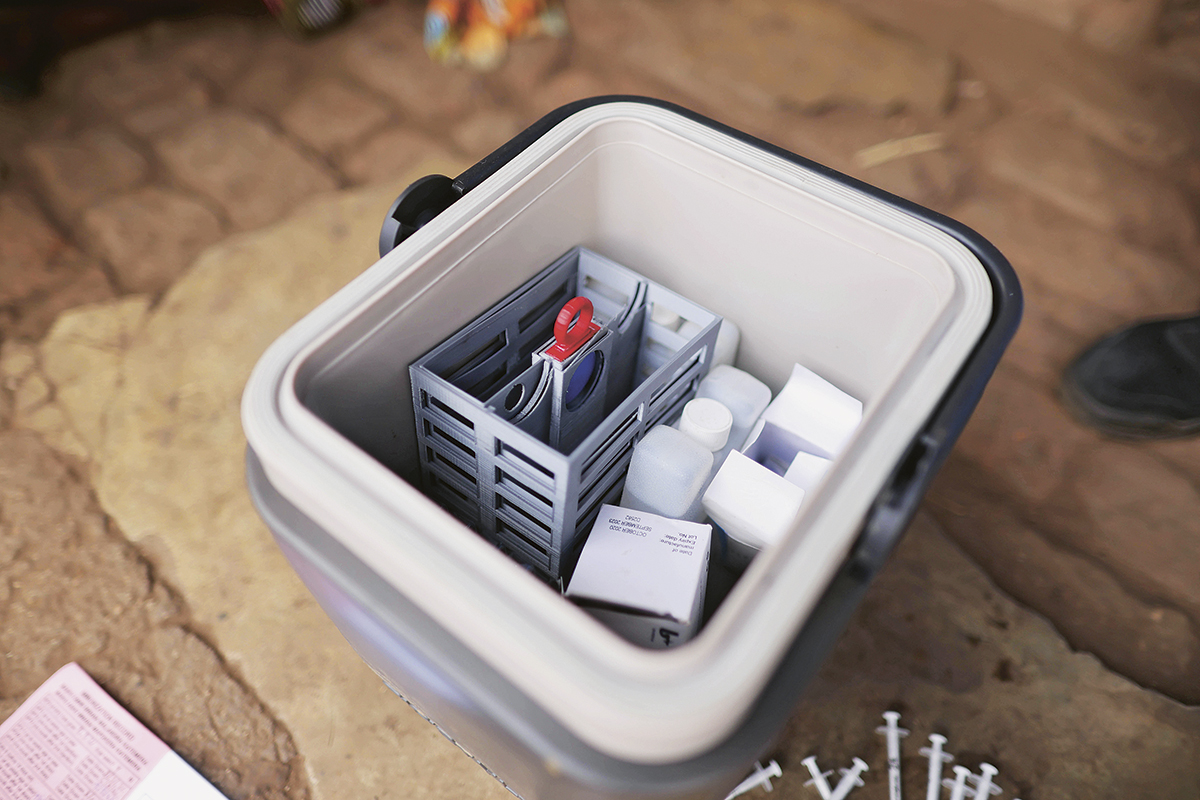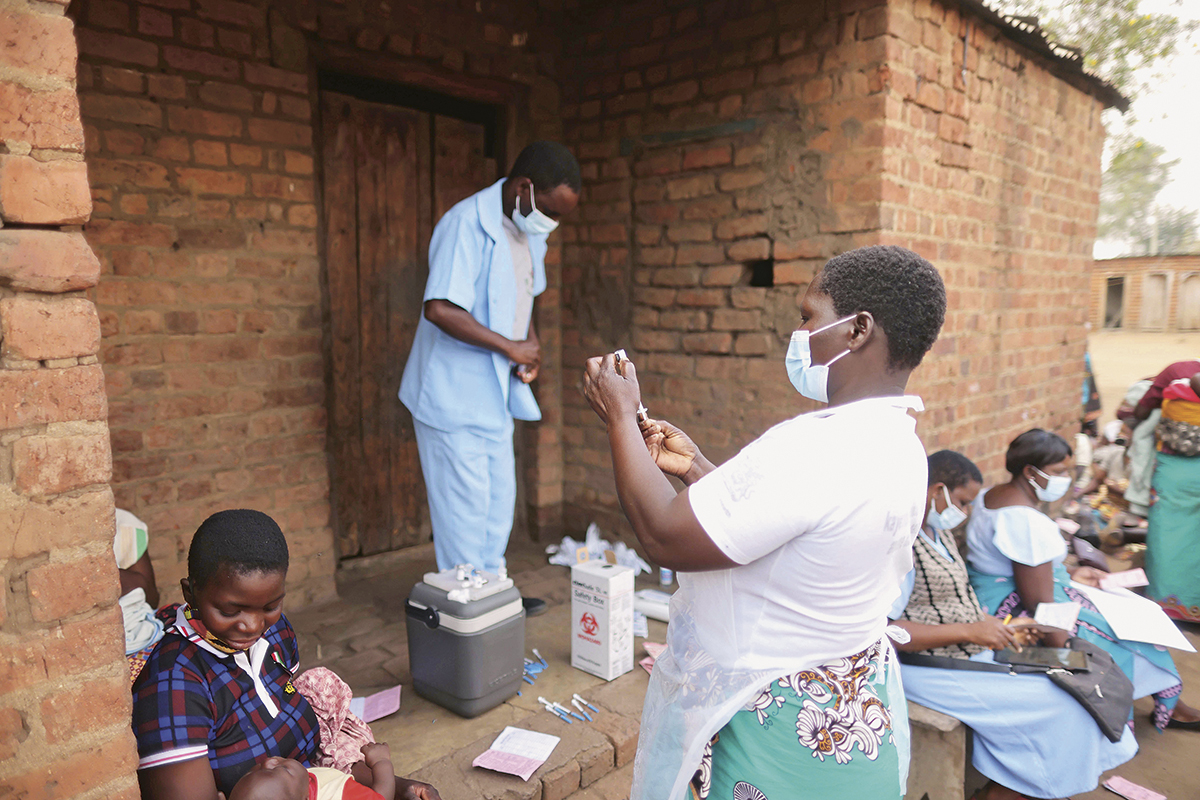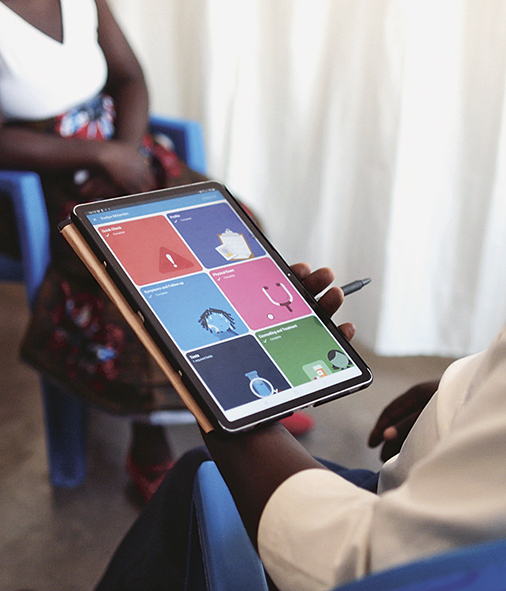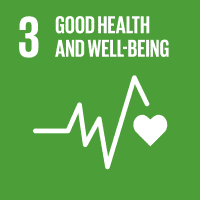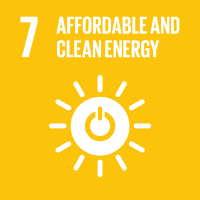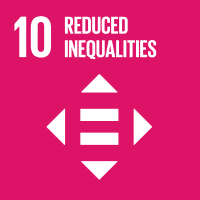Under the shade of a mango tree, Wellington Chafulumira bends down to administer a vaccine in a restless baby’s thigh, as her mother tries to hold her still. As the local health assistant based in Kalungama village, he’s responsible for the monthly outreach clinic giving childhood vaccinations. The children receive their basic vaccinations against diseases such as measles, mumps and rubella here. It’s hot work in the searing temperatures on the southern shore of Lake Malawi, and a group of mothers and babies patiently wait their turn in the shade, sitting on the parched earth.
In remote villages like Kalungama, where there is no constant power supply or refrigeration, it is a huge challenge to ensure that the ‘last mile’ of the cold chain is properly maintained. Vaccines require continuous refrigeration – from production to use – to ensure their effectiveness and avoid waste. Kalungama is 13 kilometres away from the nearest health centre in Bilira, and Samuel Mtalimanja, Senior Disease Control Officer, had a very early start to deliver the vaccines to Wellington. After 23 years in the job, he’s used to the challenges of dawn starts. Recently, however, life has got a bit easier with the arrival of five insulated vaccine carrier boxes that help to keep the vaccines cool.
